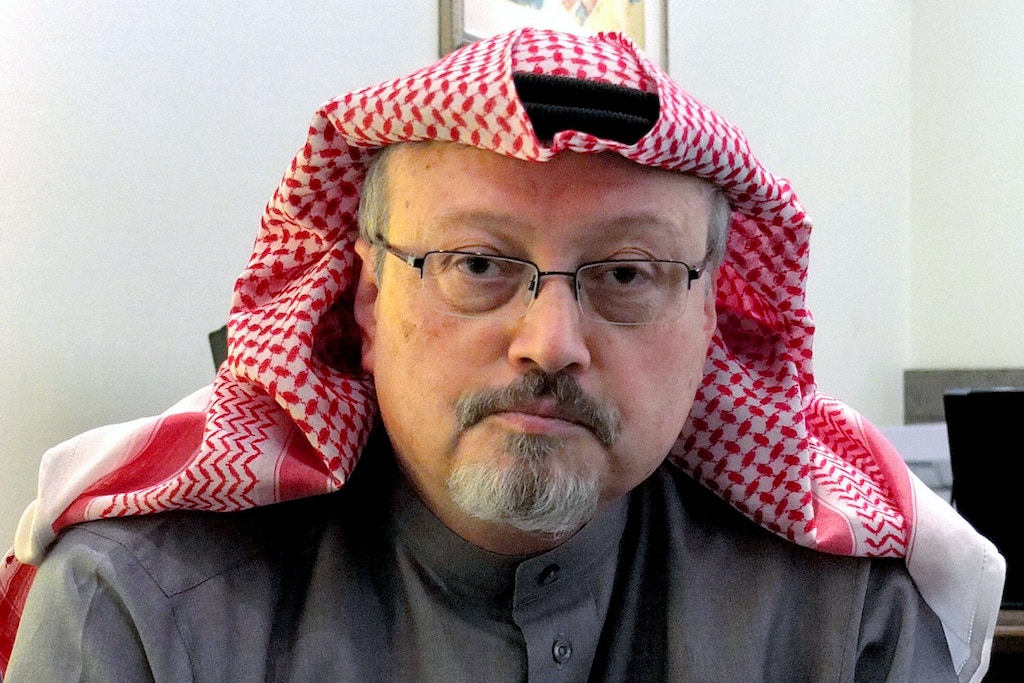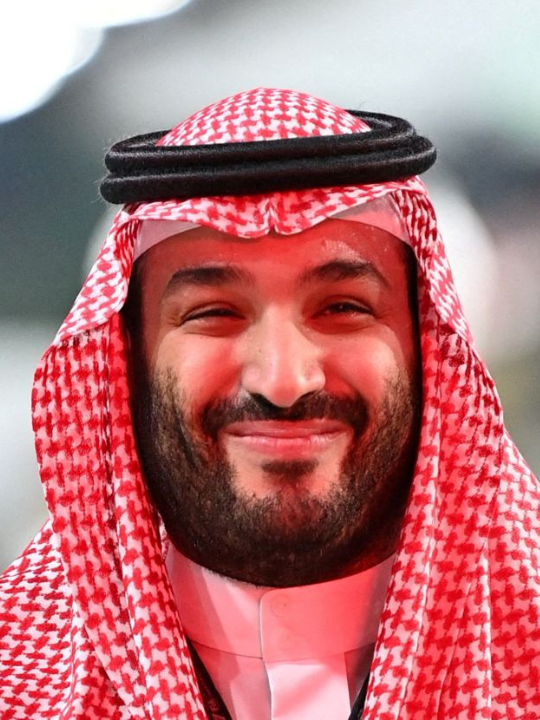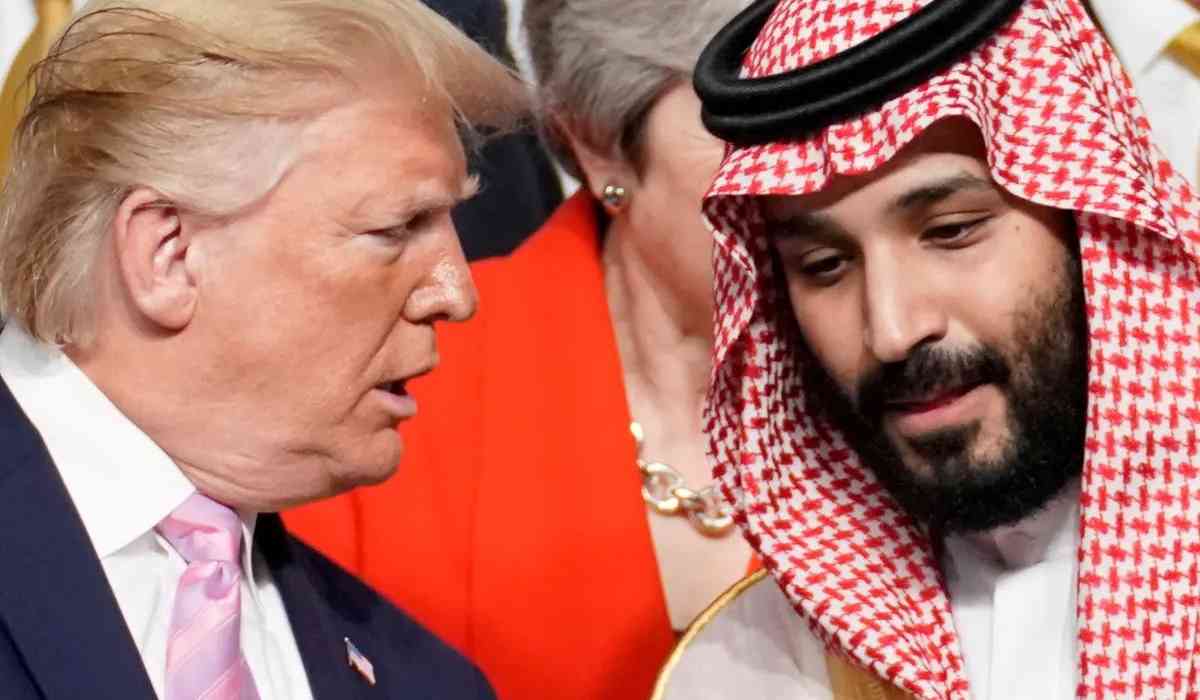On 2 October 2018, veteran journalist Jamal Khashoggi walked into the Saudi Arabian consulate in Istanbul to obtain a document he needed to marry his wife. But he never walked out again. Instead, he was brutally murdered inside the building by a team of Saudi Arabian operatives.
The following events have left the world shocked and in disbelief about what happened inside the consulate. The Saudis initially denied Khashoggi's disappearance but later admitted that he had been killed on the premises. They claimed that he had died during an interrogation.
Still, several journalists and analysts believe that Khashoggi was tortured, killed, and then dismembered in the building. The case surrounding Khashoggi's death has caused much international outcry. It has led to major diplomatic disruptions between the US and Saudi Arabia.

Initially, the US sought to ease tensions between its allies by inviting officials from both nations to discuss this sensitive issue. However, after considering an investigation report regarding Khashoggi's death, President Donald Trump decided to pull $15 billion worth of American military aid from the Saudis over their alleged involvement in the journalist's murder.
This measure was unprecedented as American presidents have previously suspended military assistance to foreign countries without knowing the details of their case against those countries. Although this case has thrown the world off balance, it is essential to note that it does not mean that Saudi Crown Prince Mohammad Bin Salman is guilty or will be punished for his actions.
Instead, it shows that no matter how deep international outrage may be toward a nation's government-sponsored crimes, that government will always be able to find a way to evade punishment- at least in the eyes of its ally nations.

With tensions high and international condemnation of their actions mounting, the situation for MBS and his government looked bleak- especially since his top diplomat had already resigned over Khashoggi's murder. However, the tumult in the Saudi government made matters worse for them as several members of the royal family publicly disassociated themselves from MbS' policies. This move further weakened MbS' position within the royal court and his army.
In addition, several high-profile arrests occurred during this turmoil as Crown Prince Muhammed bin Nayef (MbN) and several other royal family members lost their positions in court due to their relationship with MBS. Although events still favoured MbS within these unfavourable circumstances- they eventually led to his resignation as crown prince on 23 November 2018.
Three weeks after MbS's resignation, reports surfaced that Trump had received an audio recording of Khashoggi's murder during an official meeting with MbS on 2 December 2018. However, instead of showing concern for Khashoggi's life or taking action against his murderers, Trump reportedly told MbS that he should have thought of this beforehand because he is 'the biggest sponsor of terrorism worldwide.'
This statement disregards how widespread Saudi Arabia's alleged sponsorship of terrorism actually is. Instead, it places blame on the victim- i.e., Khashoggi - for not living up to expectations regarding his safety. While Trump publicly backed MbS after he resigned from his post as crown prince, there are no indications that America would pursue any consequences against him for Khashoggi's death.
In light of all that has happened concerning Jamal Khashoggi's death, many people have criticized America for supporting MBS after they knew about his involvement in this brutal murder but failed to take action against him or punish those who gave him orders to orchestrate this murder. During the first few months following Khashoggi's disappearance, media reports suggested that MbS had ordered Khashoggi killed but also hinted at possible Saudi involvement in his presumed death without directly naming or implicating them in any way (as they had promised).
@Vygr Media Private Limited. All Rights Reserved.
























